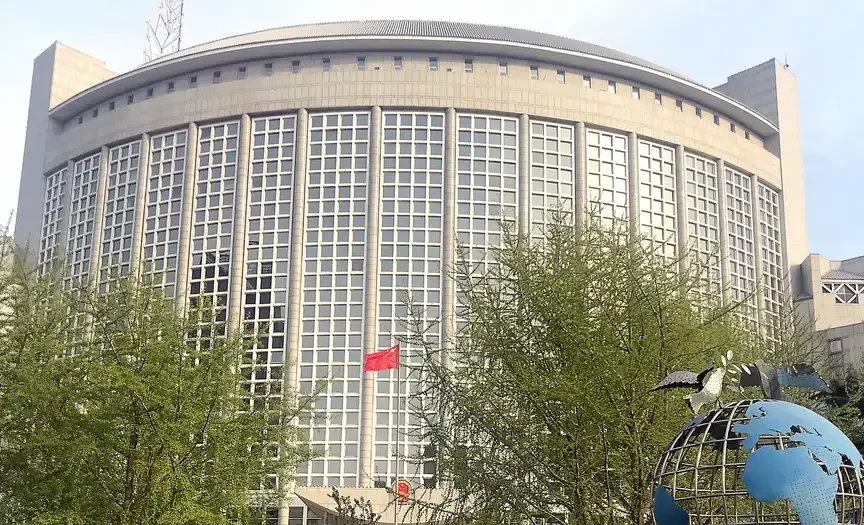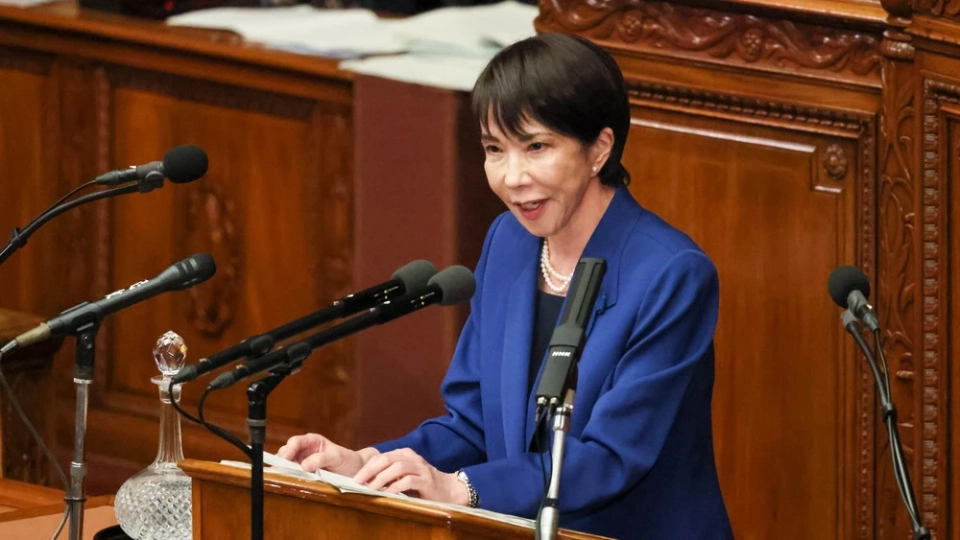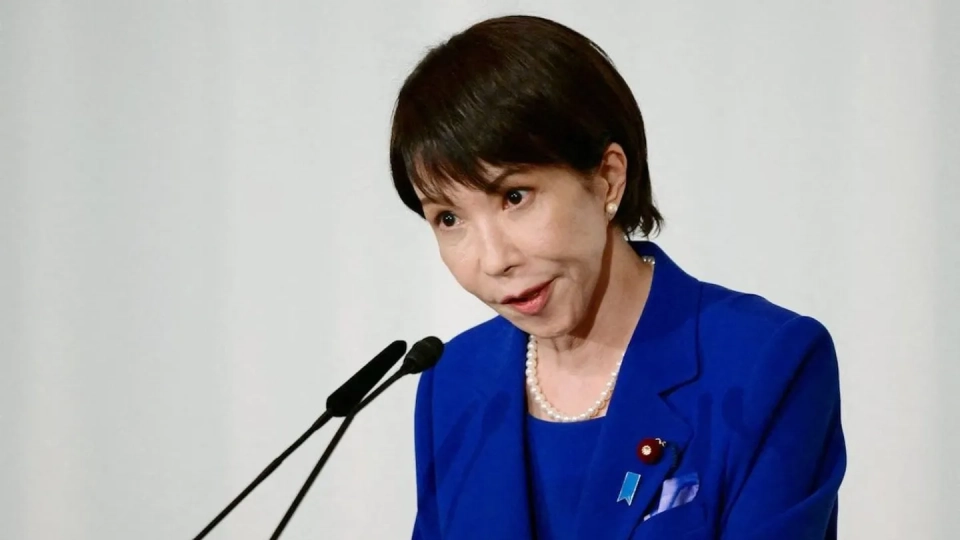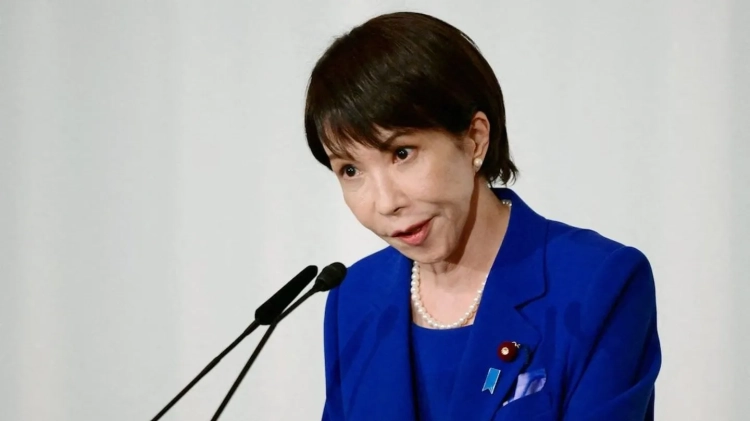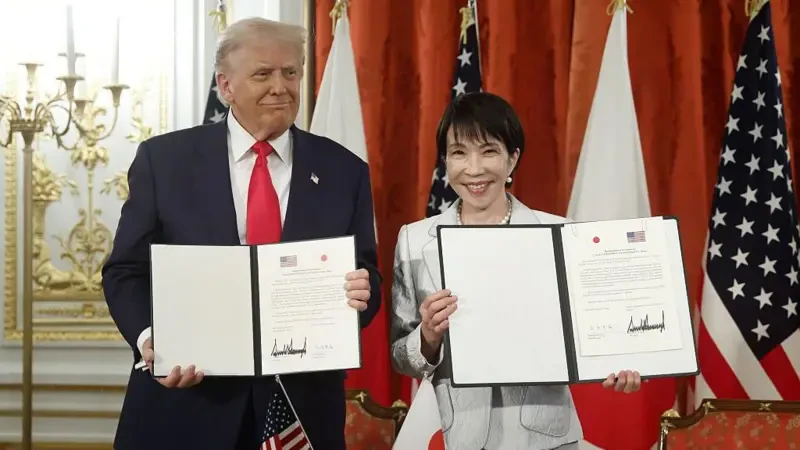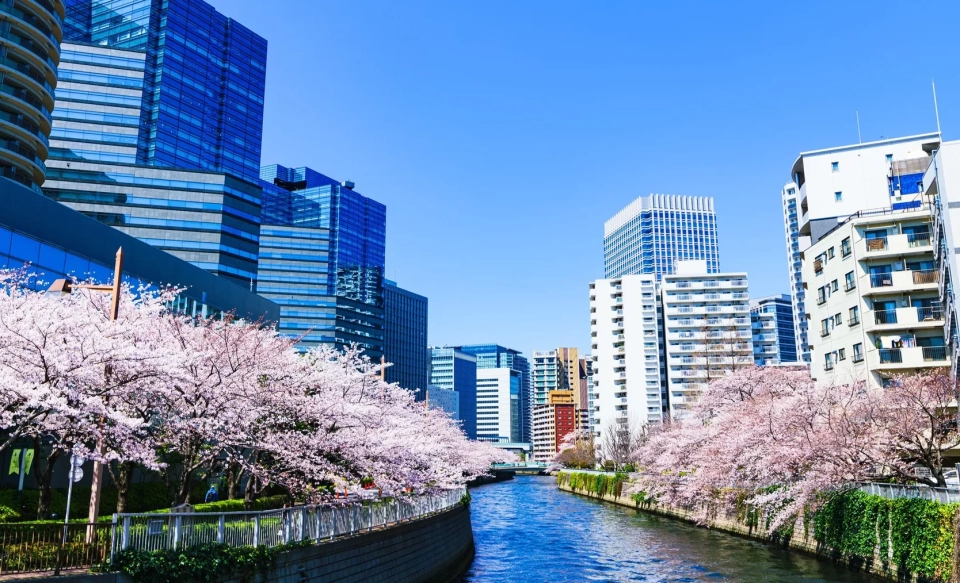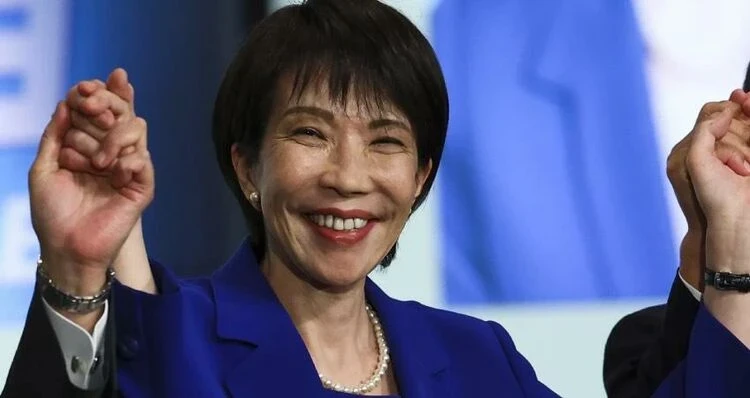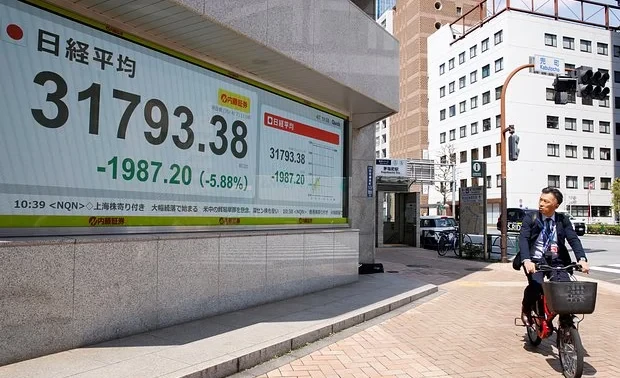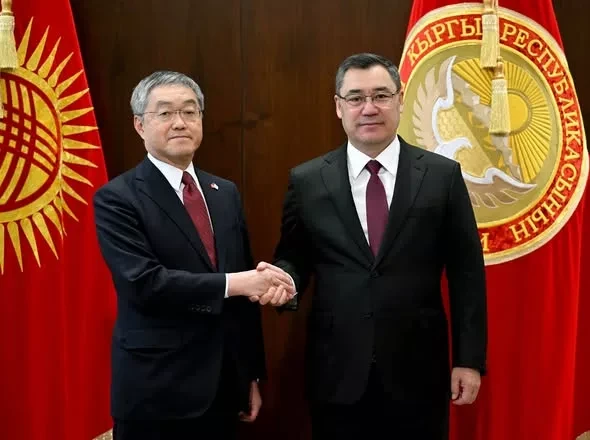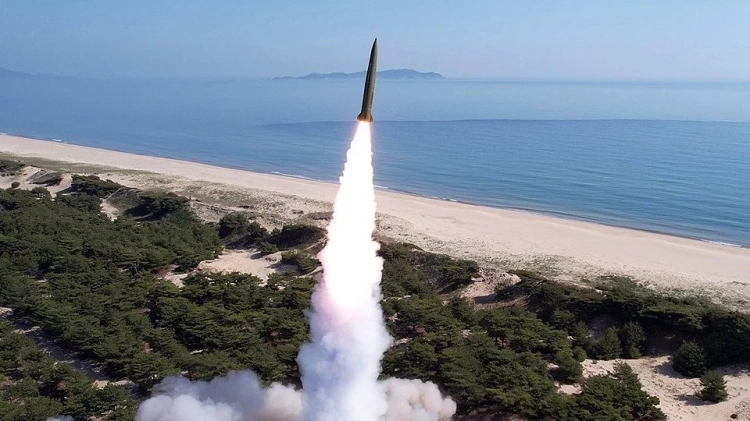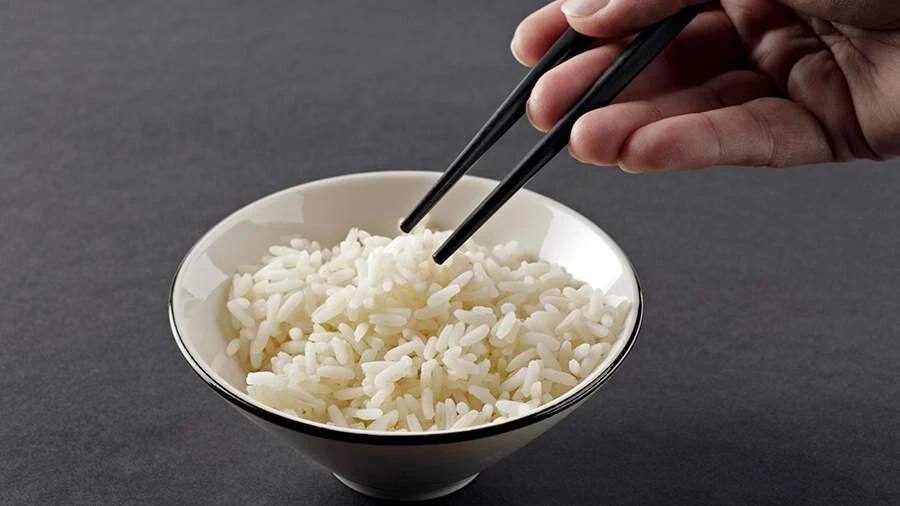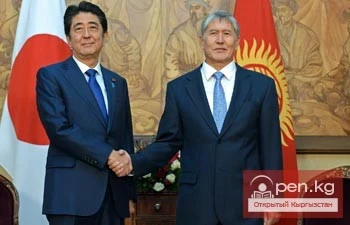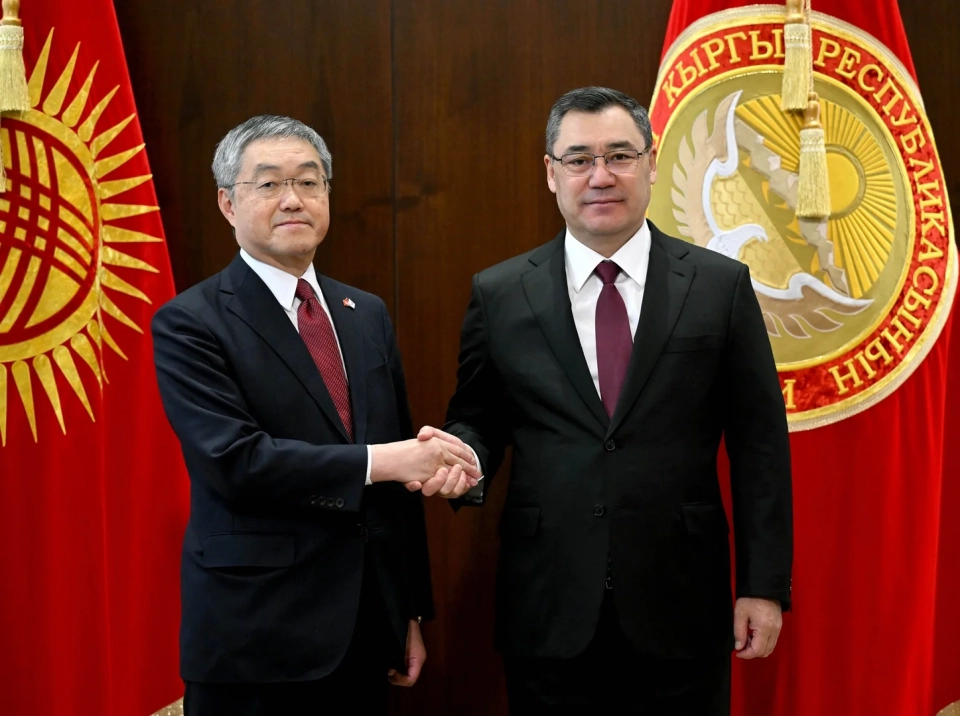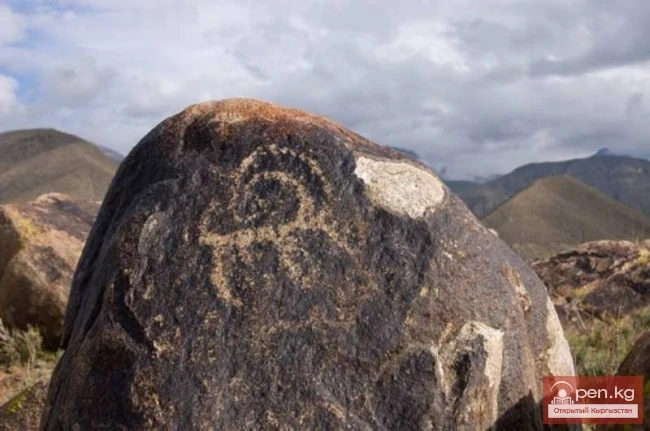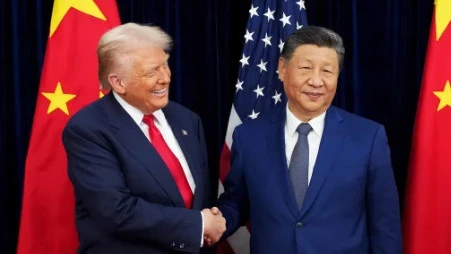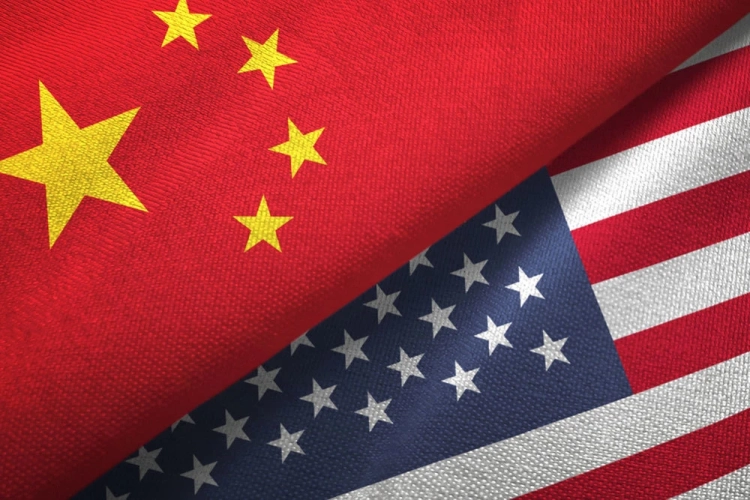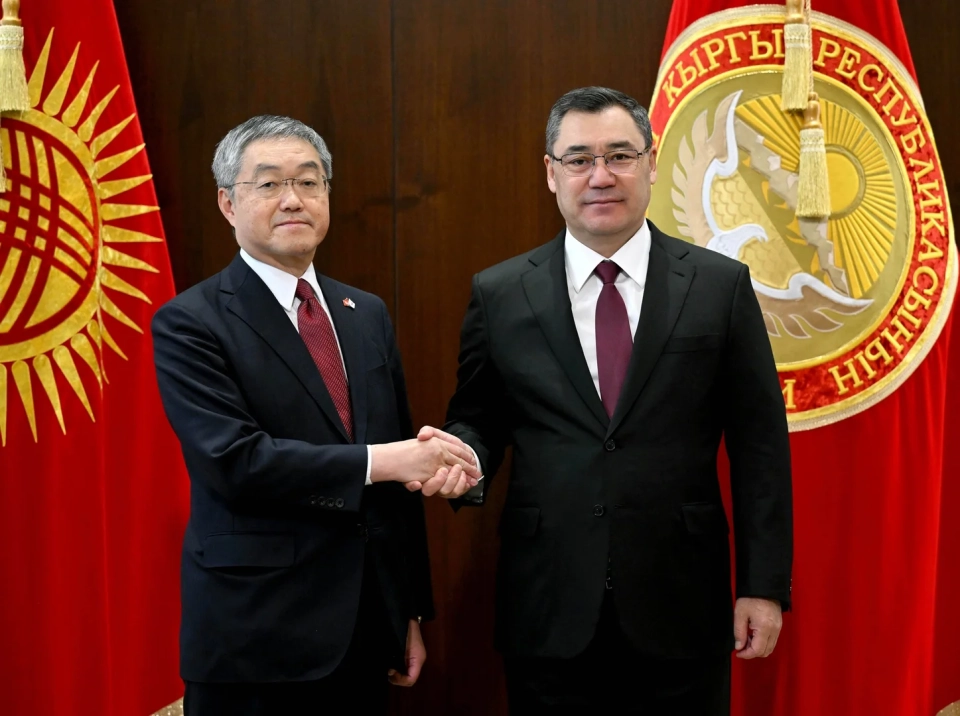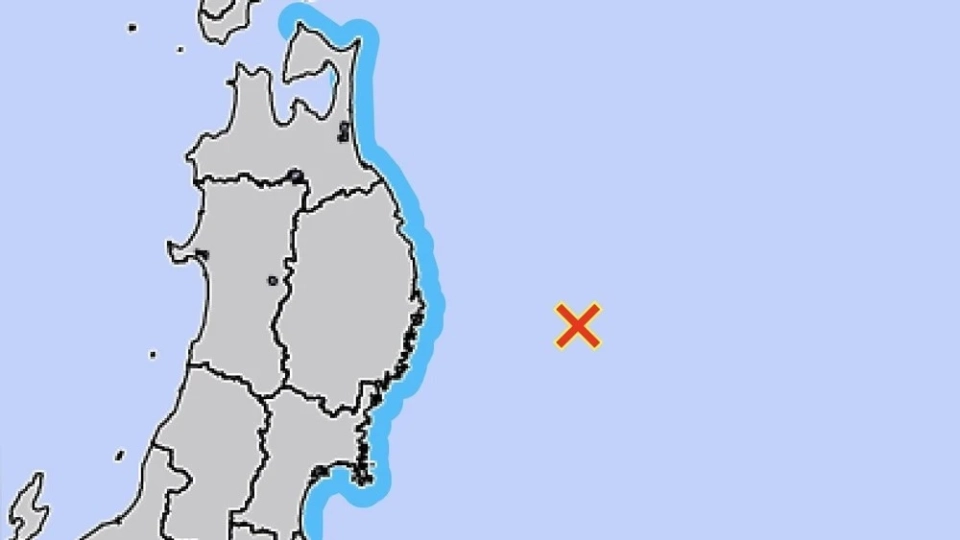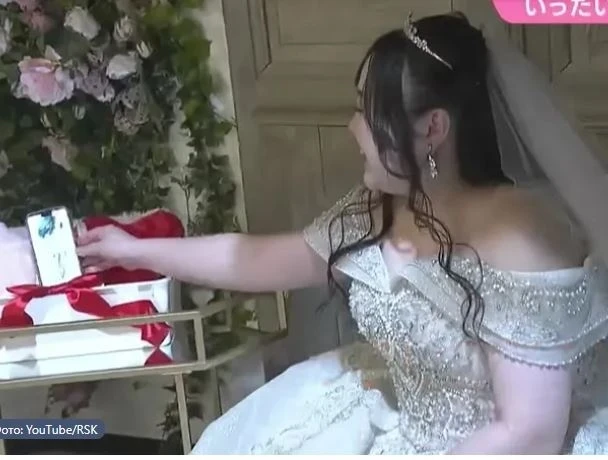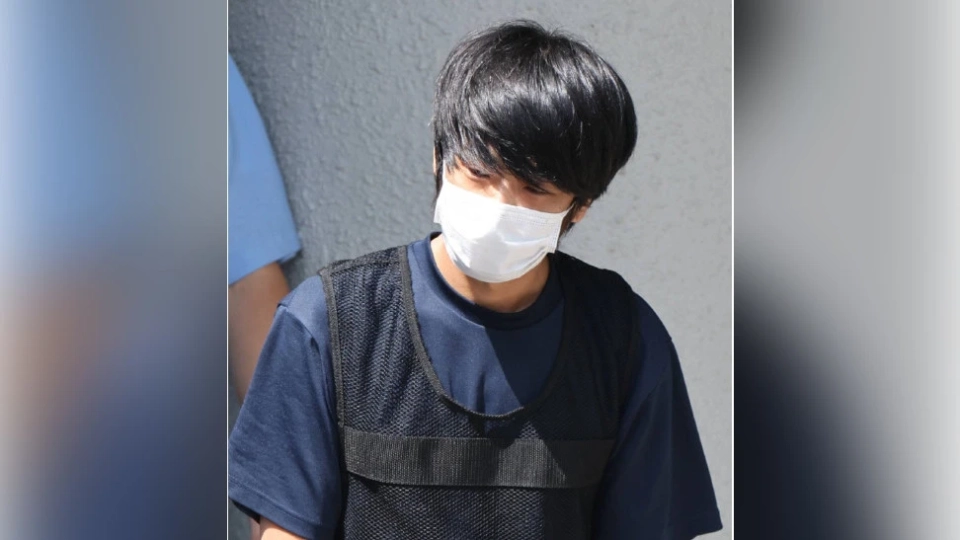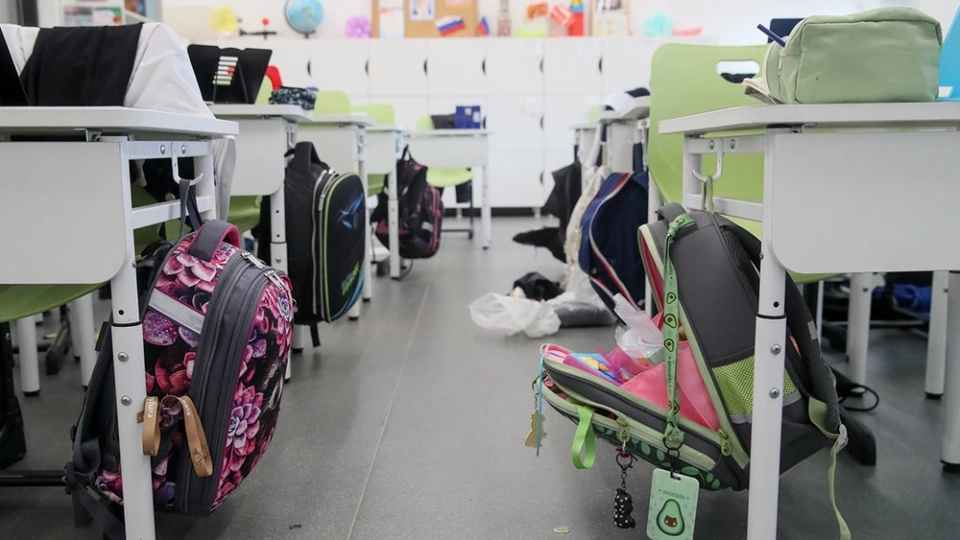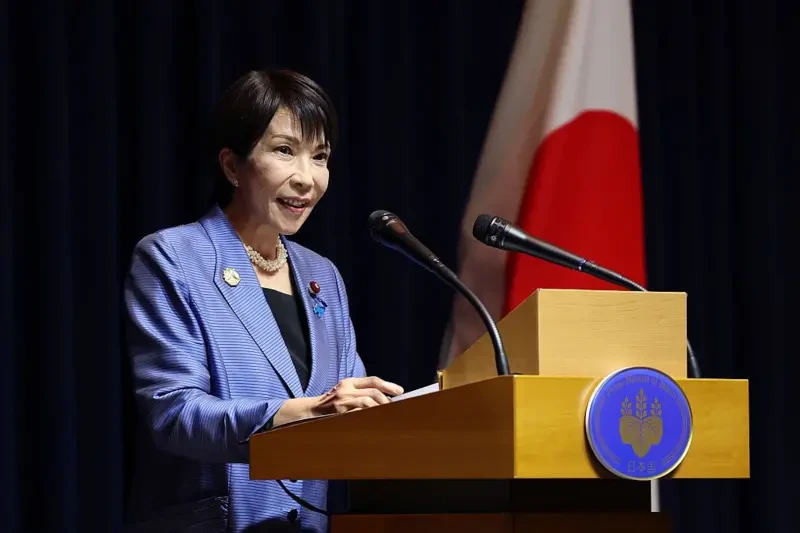
China reacted angrily to Takaiti's statements, warning that if Japan intervenes, it will face a "crushing defeat." The Chinese Foreign Minister summoned the Japanese ambassador for explanations, demanding an apology from Tokyo.
The first female Prime Minister of Japan, Sanae Takaiti, who recently took office, refuses to apologize. Recently, a high-ranking Japanese delegation visited China, emphasizing that Japan's position on Taiwan remains unchanged despite the Prime Minister's words. Japan's Chief Cabinet Secretary Minoru Kihara also confirmed that Tokyo is open to dialogue.
However, Beijing believes that assurances are insufficient in light of the "irresponsible and dangerous" statements from the Japanese Prime Minister. Chinese Foreign Ministry spokesperson Mao Ning noted that simply asserting the unchanging nature of Japan's position will not dispel China's concerns.
In response to Takaiti's statement, Beijing has already implemented a series of economic measures and threatens further sanctions if the Japanese side does not change its position. In particular, China has temporarily banned the import of Japanese seafood and halted the approval process for new Japanese films for screening.
Chinese authorities have also urged citizens to refrain from traveling to Japan, and airlines are offering compensation to passengers wishing to cancel their trips. It is expected that ticket sales to Japan may decrease in the near future.
According to estimates from one of Japan's leading economic centers, a sharp decline in Chinese tourists could lead to a loss of tourism revenue amounting to about 2.2 trillion yen (approximately 14 billion dollars) annually. This, in turn, has already affected the stability of Japanese companies' stocks in the retail and transportation sectors; for example, Shiseido's shares fell by 11%, marking the largest drop since April of this year.
Reasons for China's Discontent
The historical conflict between China and Japan has deep roots, and the current tension is largely related to the uncertainty surrounding Taiwan's status. In 1972, Japan and China signed a joint communiqué in which Tokyo officially recognized the "One China" policy; however, Japan views Taiwan as a strategic partner and continues to develop relations with it despite Beijing's demands.
Japanese authorities have always regarded a potential escalation of conflict between China and Taiwan as one of the main threats to their security, but they previously maintained a cautious stance. The sharp statement from the new Prime Minister has signaled a possible shift in Tokyo's approach to this issue.
The term "existential threat," used by Takaiti, has been enshrined in Japanese security law since 2015 and implies an armed attack on allies, which could activate Japan's Self-Defense Forces.
Why Takaiti is Not Backing Down
Despite the potential consequences of her words, the Prime Minister of Japan has no intention of apologizing or changing her position as demanded by Beijing. She asserts that her views align with the traditional stance of the Japanese government, hinting that her predecessors shared similar views.
Recent polls show that Takaiti's approval rating exceeds 80%, which analysts believe makes her less inclined to compromise, as this could provoke discontent among her supporters and the right-wing conservative electorate. Economic pressure from China, especially in the tourism sector, could even work in her favor by helping to alleviate labor shortages and reduce inflationary pressure in services.
Japan also receives support from Washington. The U.S. Ambassador to Japan, George Glass, characterized Beijing's actions as unacceptable and reaffirmed support for Tokyo. "This is a classic example of Chinese economic coercion, and we fully support the Prime Minister," Glass stated after meeting with Japanese Foreign Minister Toshimitsu Motegi.
Some Japanese politicians are calling for rationality and calm to resolve the situation. The head of the ruling Liberal Democratic Party's political committee, Takayuki Kobayashi, emphasized the need for dialogue.
Many residents of Japan consider China's reaction excessive, and the Prime Minister has promised to approach her statements more thoughtfully in the future.
Response from Taiwan
The President of Taiwan, Lai Ching-te, expressed support for Japan, demonstrating this at a lunch featuring Japanese products. He published photos of himself enjoying sushi made with hamachi and scallops. Lai noted that his choice of lunch is part of his support for Japan.
The Taiwanese government, which rejects China's claims to sovereignty, also faces similar bans from Beijing on its products, including pineapples and fish. Taipei views these measures as part of China's pressure.
Taiwan's Foreign Minister Joseph Wu noted that instances of economic pressure and military threats from China have become too frequent. He urged Taiwanese citizens to travel to Japan more often and support Japanese products as a sign of friendship.
Meanwhile, in Beijing, Chinese Foreign Ministry spokesperson Mao Ning reiterated that Taiwan is an inseparable part of China. She noted that no actions by the Taiwanese authorities will change this fact.
Beijing considers Taiwan its territory and does not rule out the use of force to control the island, while the Taiwanese government insists that only its residents can determine their fate. Japan governed Taiwan from 1895 to 1945.
